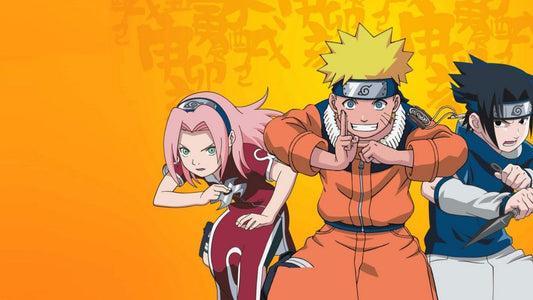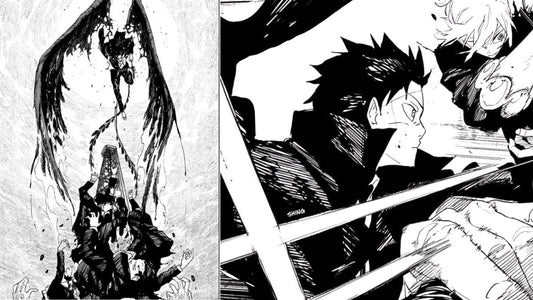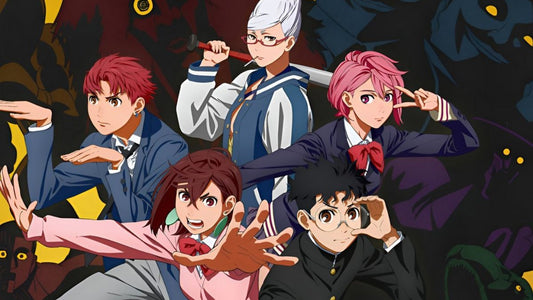
Blackbeard's Inevitable Downfall: The Legacy Clash in One Piece
Akira IchikawaShare
The Shadow of Blackbeard
Marshall D. Teach, better known as Blackbeard, stands as one of the most significant antagonists in the expansive universe of One Piece. Unlike other adversaries who simply view Monkey D. Luffy as a rival to their ambitions or an obstacle to their goals, Blackbeard shares a haunting history with Luffy, enriched by personal vendettas and ideological clashes. His role in the execution of Portgas D. Ace, Luffy's sworn brother, places him in a category of his own as a foe Luffy has abundant personal reasons to defeat.
Blackbeard's Ambitions and Ideological Clash
Blackbeard’s ambitions are deeply entwined with a historical narrative, which marks him as a figure striving to resurrect the dark legacy of Rocks D. Xebec. His possession of the Saber of Xebec and his takeover of Hachinosu are symbolic gestures indicating an attempt to embody Xebec's fearsome reputation. Despite his efforts to emulate Xebec’s might and influence, Blackbeard’s path seems to mimic that of an inevitable downfall rather than delivering him to his desired throne.
The Fallacies of Pursuing a Lost Legacy
The history within One Piece is cyclical, with recurring themes of will inheritance and the triumph of one generation over the past. Xebec, despite his formidable prowess, was ultimately defeated by the alliance of Gol D. Roger and Monkey D. Garp. This defeat serves as a precedent for Blackbeard’s eventual downfall at the hands of a new generation that symbolizes renewed will and strength. The inheritors of Xebec’s legacy, such as Kaido and Big Mom, have already faced defeat, signaling a theme of diminishing influence for pirates associated with the lost captain’s might.
Luffy: The Bearer of New Will
In stark contrast, Luffy bears inheritances of both Roger and the mythical Joy Boy, yet he forges his path with a resolve to carve out his destiny without succumbing to historical burdens. This autonomy of purpose underscores a narrative of evolution and overcoming legacies rather than adhering to them blindly. Luffy's relentless pursuit of the One Piece and his unique dream establish him as a manifestation of progress—a sharp contrast to Blackbeard's doomed nostalgia.
The Surge of Roger’s Legacy
A thematic shift sees the powerful succession of those affiliated with Roger’s name: Luffy, Shanks, and even Buggy represent new growth branching from Roger's roots. Their rise against the relics of Xebec’s past, such as Blackbeard, emphasizes a pendulum swing of fate favoring those who carry Roger's inherited will to create a world of freedom and adventure. Shanks, in particular, remains a potent symbol of Roger's legacy, pursuing the One Piece with knowledge and tributes paid to his captain.
Luffy vs. Blackbeard: The Inevitable Conclusion
With much emphasis on the resonance of history and the battles of yore echoing into Luffy’s journey, it appears Blackbeard is fated to fall as a stepping stone to Luffy's greater purpose. Their impending confrontation is not merely of power and Devil Fruits, but a clash of ideals and intended destinies. One Piece teaches that history bears heavy weight, and in the repeating cycles of hope and ruin, Blackbeard's attachment to a failed legacy will be his ultimate undoing against Luffy's future-forward vision.
The epic narrative of One Piece is as much about battles and treasures as it is about overcoming the specters of the past, and Blackbeard’s eventual confrontation with Luffy will encapsulate just that. For Luffy, defeating Blackbeard is more than retribution; it is a step toward fulfilling a legacy that shapes, not controls, his free-willed adventure.
Photo Credit by CBR



